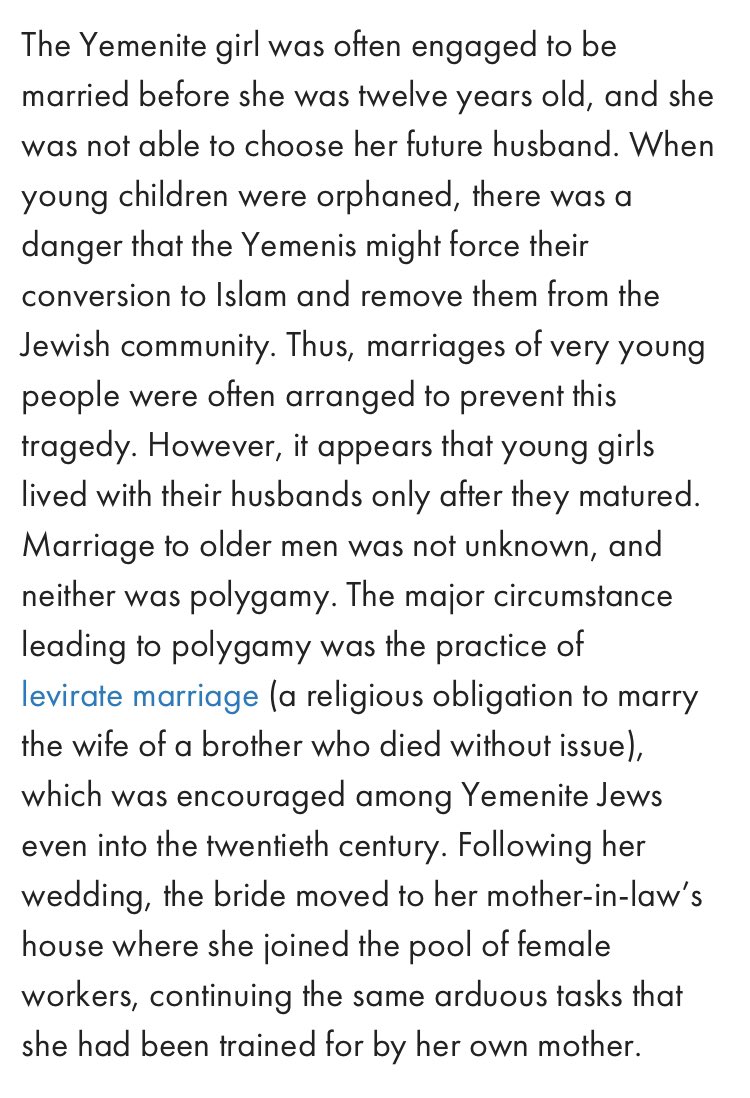
Today is #JewishRefugeeDay where we remember the 850,000 Jewish refugees from the MENA region forced to flee after Israel won the war for its independence. In Yemen 16,000 Yemeni Jews were already in the camp set up near Aden by the time approval was given for their evacuation. 



Once word got out that they were allowed to leave many Yemeni Jews dropped everything, took what they could and made the dangerous trek (largely by foot) towards Aden where evacuation was approved. Between June 1949-September 1950 over 350 flights helped rescue nearly 50k Jews. 



Many died due to disease, starvation, and even attacks by robbers along the way to Aden. Even though they still experienced hardship in the early years inside Israel, with a few families even leaving back to Yemen (before civil war broke out), most deeply appreciated the help. 



“One of the things that really got to me was when we were unloading a plane at Tel Aviv. A little old lady came up to me and took the hem of my jacket and kissed it. She was giving me a blessing for getting them home. We were the wings of eagles."
- Marian Metzger, attendant
- Marian Metzger, attendant
• • •
Missing some Tweet in this thread? You can try to
force a refresh



